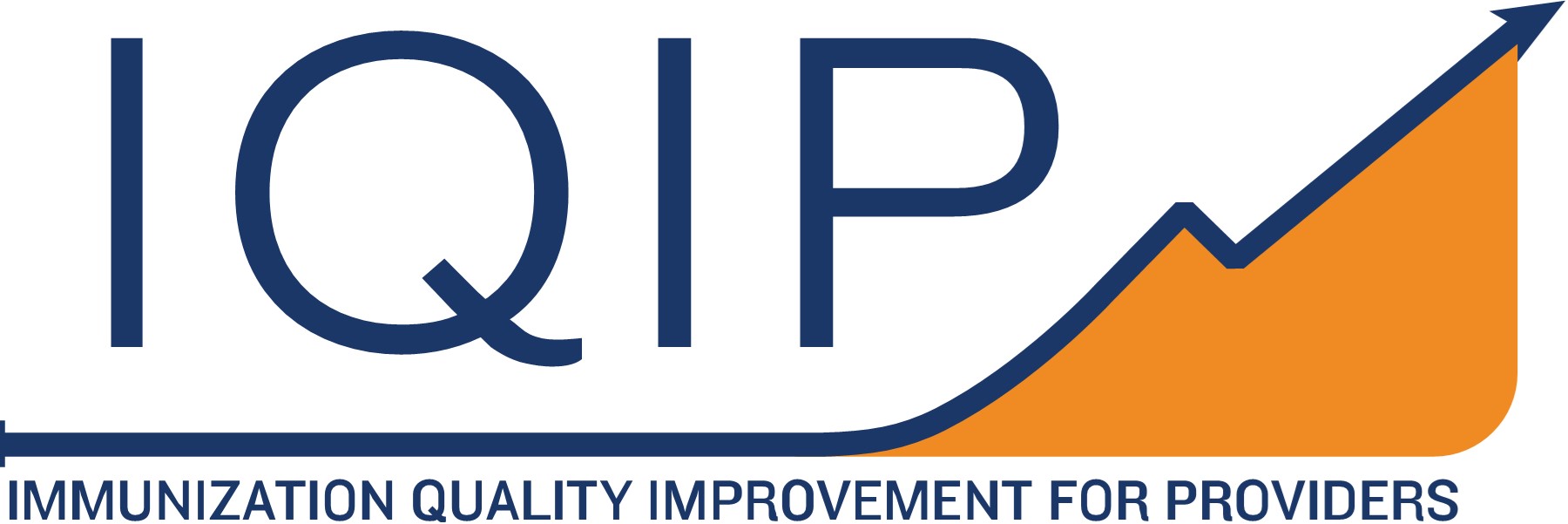At a glance
Myths and misinformation about vaccines put on-time vaccination at risk. Trust in vaccines is not built through a top-down approach, but through conversations between parents, doctors, nurses, pharmacists, and community members. Patients and parents can feel more confident about vaccinating when everyone in the practice shares the same message.

Misinformation about vaccines
From the front desk to the exam room to checkout, everyone plays an important role in supporting vaccination. Strengthening vaccine communications engages provider staff as vaccine partners by helping them:
- Increase positive vaccination messaging throughout their practice
- Provide accurate, easily accessible information on vaccines
- Engage in effective vaccine conversations with parents
Evidence base and justification
The messengers and messages used to convey accurate information about vaccines are important to combating misinformation and improving vaccine confidence. Prioritizing the use of clear, positive messaging about vaccination by all clinic staff creates an environment where patients and parents can have their concerns addressed and feel affirmed in their decision to vaccinate according to the ACIP immunization schedule. This strategy covers both internal communications including staff meetings and staff training to refine clinic workflows as well as external communications like websites, newsletters, and other patient-facing messaging.
- This continuing education module demonstrates how positive vaccine communication from nurses and medical assistants can play an important role in supporting vaccine acceptance.
- A 2017 study found increased on-time vaccination among infants whose parents were provided with web-based content about vaccines including social media options while pregnant.
Examples of strategy implementation activities
The successful implementation of vaccine strategies may include:
- Develop and implement a practice-wide vaccination policy.
- Include vaccine-related material (e.g., practice vaccination policy, ACIP immunization schedule, educational items, etc.) in new patient information packets.
- Direct questions to the appropriate staff should the parent have questions or concerns.
- Direct hesitant parents to sources of accurate, reliable vaccination information.
- Incorporate and routinely refresh vaccine-related content on the practice's website.
- Plan and implement vaccine-positive posts on the practice's social media accounts.
- Identify how everyone can play a part in supporting vaccination throughout the practice and review these steps during staff meetings and/or adding to staff training curriculum.
- Incorporate and routinely refresh vaccine-related content in the staff training curriculum (e.g., the ACIP immunization schedule, common questions and concerns about vaccines and how to address them, etc.)
- Create and monitor a feedback mechanism for staff members to ask questions or receive guidance on vaccines.
